Change your stored postcode to update prices for your location.
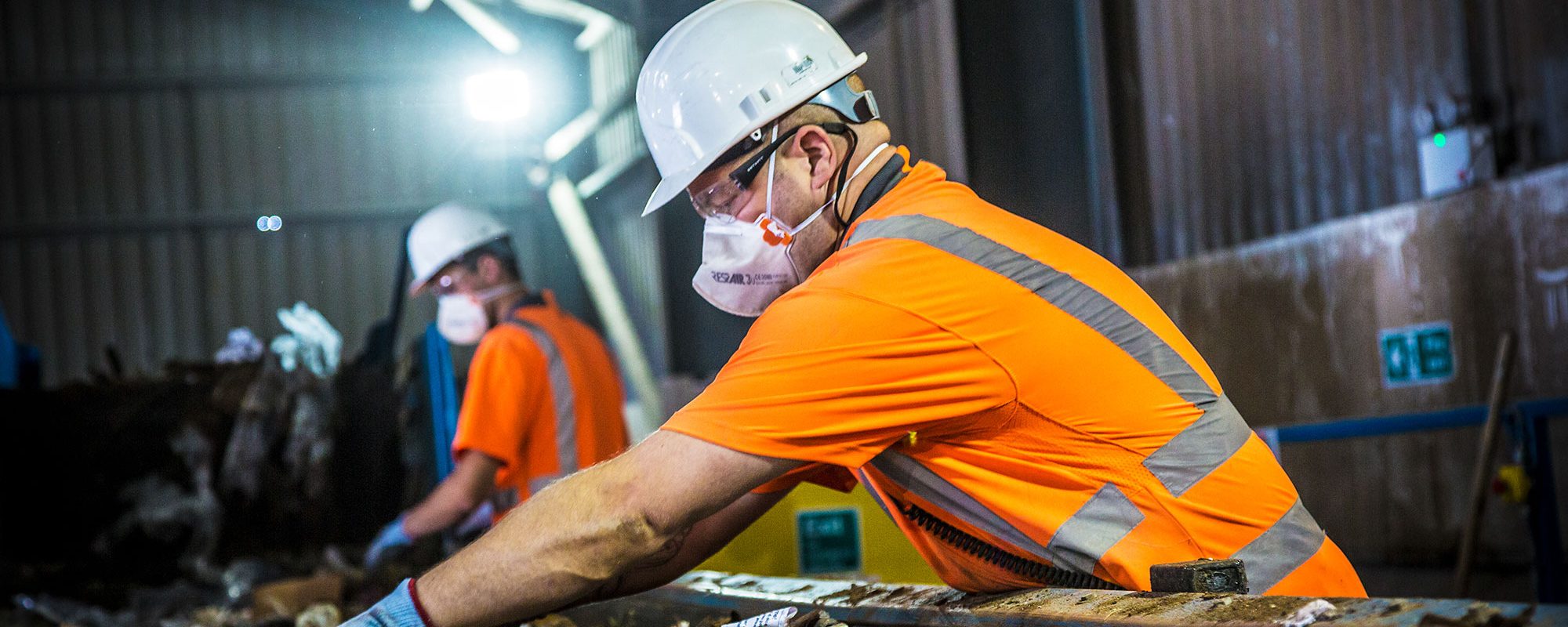
Recycle Week 2020 is taking place from 21-27 September and gives businesses, organisations and individuals the chance to highlight the importance of consistent recycling to ensure we are doing as much as we can week in, week out.
This year’s theme is a celebration of the nation’s commitment to recycling during the lockdown period. It’s a way of acknowledging that despite the challenges presented by the COVID-19 pandemic, the people of Britain still made the effort to recycle and do their bit. The tagline is ‘Together we recycle.’
Recycle Week is organised by WRAP under the Recycle Now brand. 2020 will mark the 17th year of the initiative.
Many big names are getting involved this year to help say “thank you” to the nation. Sainsbury’s, Ocado, Co-op, Britvic, Highland Spring, Unilever UK and Ireland, Suntory Beverage and Food GB&I, Danone, Suez, Ecosurety, PEPSICO, Reckitt Benckiser Group plc, Waitrose & Partners, Aldi and SAP will all be funding activity during the week to help inspire citizens to recycle more of the right things, more often.
Recycle Week is also a great opportunity to educate people of what can and can’t be recycled, as many with the best intentions are still recycling incorrectly. The top items that are not recycled that should be are aerosols, foil and plastic detergent/cleaning bottles. Those most commonly put in the recycling bin that cannot be recycled are plastic bags, toothpaste tubes and drink cartons.
WRAP’s mission is to accelerate the move to a sustainable, resource-efficient economy by re-inventing how we design, produce and sell products, re-thinking how we use and consume products, and re-defining what is possible through reuse and recycling. WRAP works with governments, businesses and communities to deliver practical solutions to improve resource efficiency and they are world leaders in helping organisations achieve greater resource efficiency.
TJ processes all materials in line with WRAP protocol. TJ has four materials recycling facilities dotted along the south coast, where all waste is taken to for sorting and onward recycling. These centres are staffed by experienced operators and drivers to ensure a first-class service. They also have three inert recycling facilities in Yapton, Bordon and Ringwood. Inert wastes (concrete, brick rubble, ceramics) are mechanically separated and turned into construction materials, such as 6F5 Crushed Concrete.
TJ recycles up to 100% of the waste that comes through their doors, demonstrating their commitment to diverting waste from landfill. TJ’s extensive knowledge of a range of recycling centres in and outside of Hampshire helps make all this recycling possible.
TJ are keen to promote the practice of recycling and are regularly partnering with companies that are looking to improve their recycling rates or who have means of providing innovative new ways to recycle. TJ’s recycling efforts have led to an excess of 250,000 tonnes of waste diverted from landfill through recycling routes.
Limited plastic recycling continues to be one of the biggest concerns in the recycling industry. TJ is always investigating new possibilities in this area and has plans to get a plastic recycling trial underway soon. In the past couple of years they have formed partnerships with like-minded organisations to help facilitate plastic recycling.
The Final Straw Solent is a community interest company whose work revolves around highlighting the impact of plastic pollution on our environment, local seas and wider oceans. TJ has supported them by providing free waste removal for several beach cleans they carried out last year as well as emptying their huge plastic bottle bank – a metal fish called Nellie – when no one else would help.
Jude’s Ice Cream are one of TJ’s clients and when TJ established a new recycling process for certain types of plastics, they soon realised that Jude’s unwanted plastic ice cream tubs and offcuts would be ideal for it. The plastic ice cream tubs are made into a new product – pellets – which can be moulded into new plastic products. The latest equipment for recycling plastic materials is used in this recycling process to ensure that the highest quality products are maintained.
Find out more about Recycle Week 2020 or get in touch to find out how we can help your business improve their recycling rates.
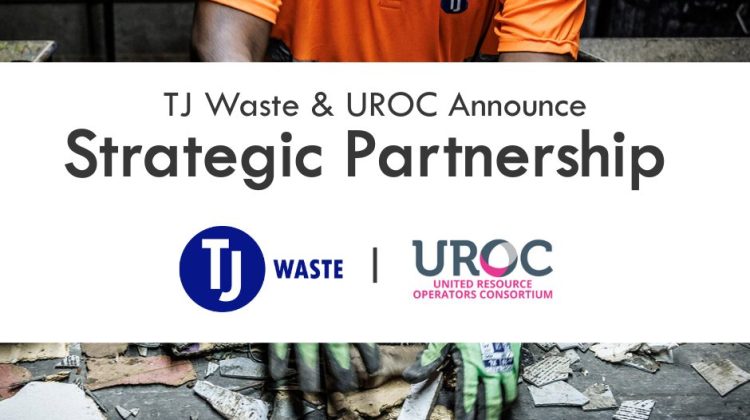
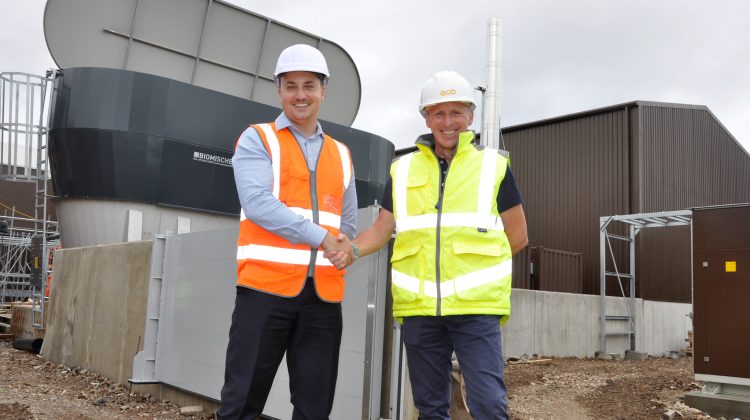
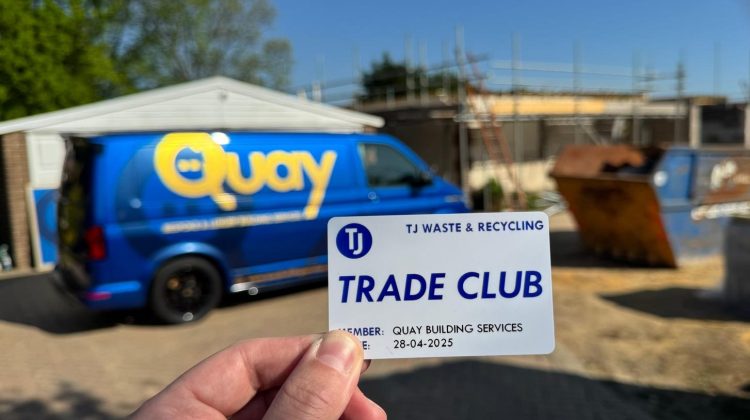
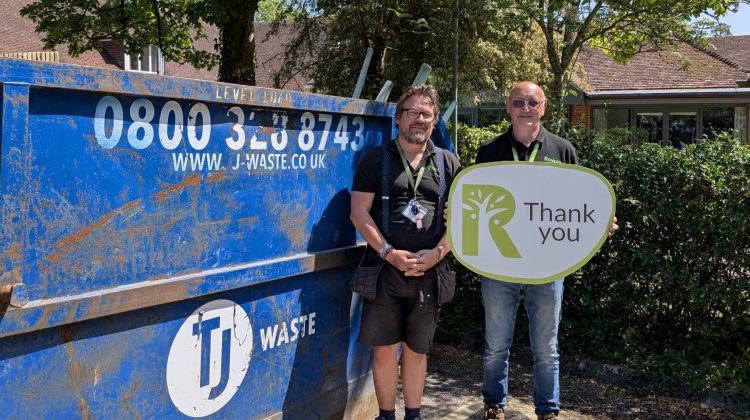
Change your stored postcode to update prices for your location.